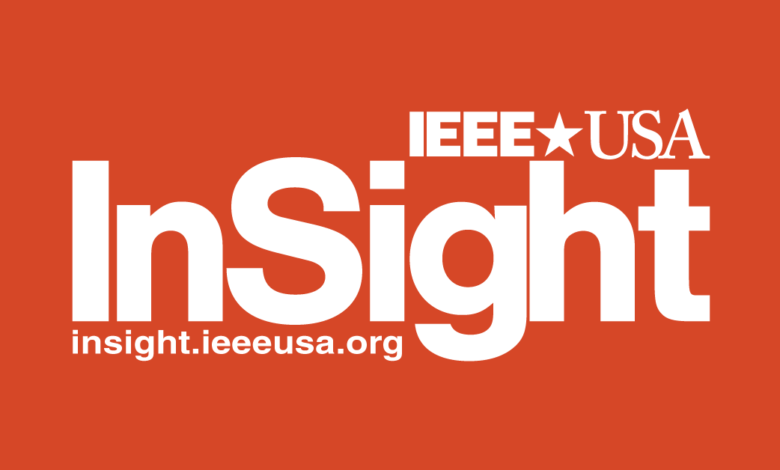
The National Defense Authorization Act (NDAA), an extremely broad, policy setting bill determining the regulatory activities of the Department of Defense, is normally one of the few pieces of budget-related legislation to pass Congress on schedule. The bill includes military salary increases, the number of aircraft that should be purchased, foreign military aid, and a host of other operational policies needed by the military.
However, its prospects are not guaranteed this year. While it appears that Congress is close to reaching an agreement on the NDAA, the White House has thrown a last-minute wrench into the works. Via Twitter last week, President Trump threatened to, “unequivocally VETO the Bill when sent to the very beautiful Resolute desk.” This would be the first veto since the initial NDAA was passed with bipartisan support in 1961.
Earlier this year, President Trump threatened a veto if language requiring the renaming of military bases bearing the monikers of confederate figures was included.
More recently, he has demanded that a clause be added to the $740 billion bill that repeals a law protecting tech companies — i.e., Facebook and Twitter — from online liability.
The law — Section 230 of the 1996 Communications Decency Act — absolves companies that maintain websites from being responsible for user-added content. Section 230 establishes that maintaining a website that allows for comments does not make one a publisher, and therefore not liable for legally actionable statements users place on your page (threats or slander, for example). Section 230’s protections have served as a bedrock for unfettered internet speech, but Trump and a bipartisan group of lawmakers argue that social media platforms have abused that protection by censoring certain types of posts and, therefore, should lose their immunity from lawsuits.
Closed-door talks between the House, Senate, and White House were close to finalizing the sweeping NDAA when the new veto threat arrived. Not only is Trump pushing for a political win, but the very public demand is changing the focus from his prior threat to veto the bill over military base renaming to one of a war against tech companies.
The consequences of failing to pass the NDAA would be detrimental to the Defense Department’s ability to plan and maintain continuity through the transition to the next administration. Additionally, several major pieces of legislation supported and promoted by IEEE-USA on behalf of our members — some for more than a year — are also at risk. These include:
- A bipartisan amendment that significantly increases funding for the National Science Foundation, an agency that Congress deems, “critical to the expansion of the frontiers of scientific knowledge and advancing American technological leadership in key technologies …” The additional funding would enable the NSF to, “expand its use of its existing authorities to carry out new and innovative types of activities, consider new authorities that it may need, and increase existing activities such as the convergence accelerators aimed at accelerating the translation of fundamental research for the economic and national security benefit of the United States.”
- Amendments aimed at strengthening cybersecurity, including conducting an assessment regarding the establishment of a National Cyber Director; enhancing partnerships with NIST to assist small manufacturers on matters relating to cybersecurity; improving cybersecurity threat intelligence sharing particularly through increased incident reporting; and assessing the defense industrial base’s cybersecurity threat activities.
- Amendments to improve research of critical defense technology. The bill expands the development and testing of hypersonic capabilities by improving test facilities, including wind tunnels, accelerating the deployment of a hypersonic and ballistic tracking space sensor payload, assessing hypersonic threats as related to air and missile defense, and improving testing and infrastructure for flight and ground testing.
- The National AI Initiative (NAII), a package of bills that include the creation of strategic research centers across the federal science agencies, with an emphasis on public/private collaboration and accelerating technology transfer. The legislation supports research and program development for K-12 STEM and post-secondary education, as well as innovative efforts to improve and accelerate workforce training. To ensure that all regions of the nation can engage in AI innovation, the legislation also launches a public-private effort to establish a national research cloud. Finally, the NAII fuses innovation with a focus on the societal impacts of AI. The legislation directly supports research in ethical and trustworthy AI and assessments of how advances are impacting employment and careers in communities across the nation. IEEE-USA has spent more than a year promoting these provisions with Congress, which now have broad bipartisan support.
The chances are low that Congress would fail to pass any NDAA legislation. However, should the President and Congress be unable to reach an agreement, and the President follow through with his veto threats, Congress could be forced to pass a dramatically smaller bill, just to protect essential Defense Department programs. Or, Congress could pass a simple stop-gap measure moving the NDAA deadline to next year. In either case, most of the provisions supported by IEEE-USA, and many other worthy programs, could easily be lost.
The current NDAA expires on 1 January 2021.






